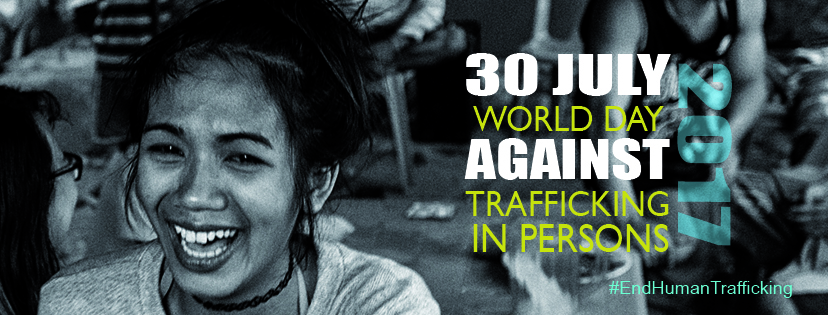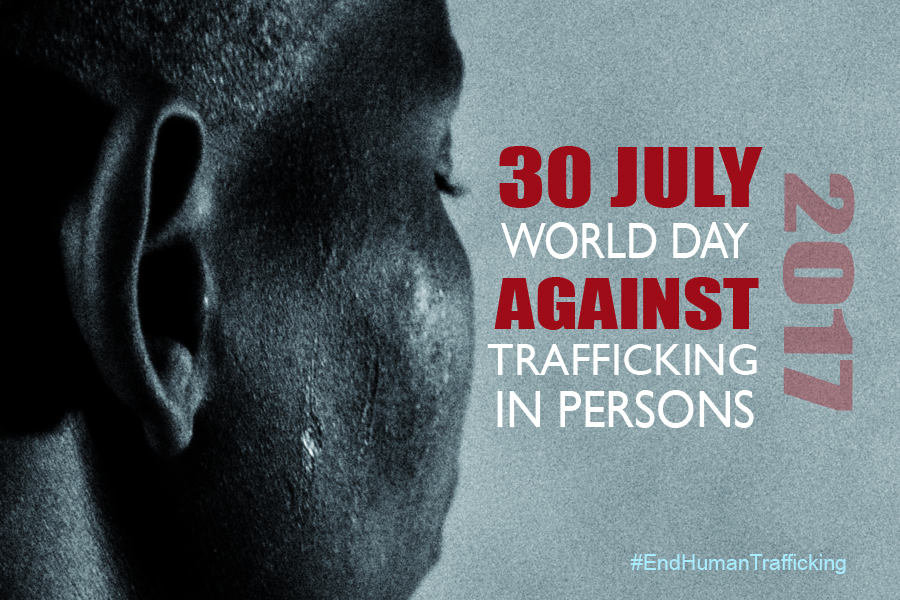
Many different organisations, committed to working against trafficking in persons, unite in a joint declaration to bring attention to this subject. They call on governments and civic organisations to unite and to increase their commitment to reduce this crime, especially among the migrant population, asylum seekers and refugees who are the in most vulnerable situations and among the principal groups subjected to trafficking in persons.
Please find the texts and banners in five languages: French, Spanish, Portuguese, Italian and English.
We invite you to:
- read the declaration and publish it on social media;
- publish the banner on Facebook;
- dedicate a time of prayer, or a minute of silence to remember the victims of trafficking . If you wish you can download the prayer from the website of the world day of prayer and reflection against trafficking, which is available in different languages at the site http://preghieracontrotratta.org/;
- send this declaration to other governmental and non-governmental organisations in your country who are also committed to anti-trafficking.
Please click here for full information: http://www.talithakum.info/news/84/world-day-against-trafficking-in-persons-july-30-2017
Download the Banners
Sr. Gabriella Bottani.
Coordinator Talitha Kum.


.png)













